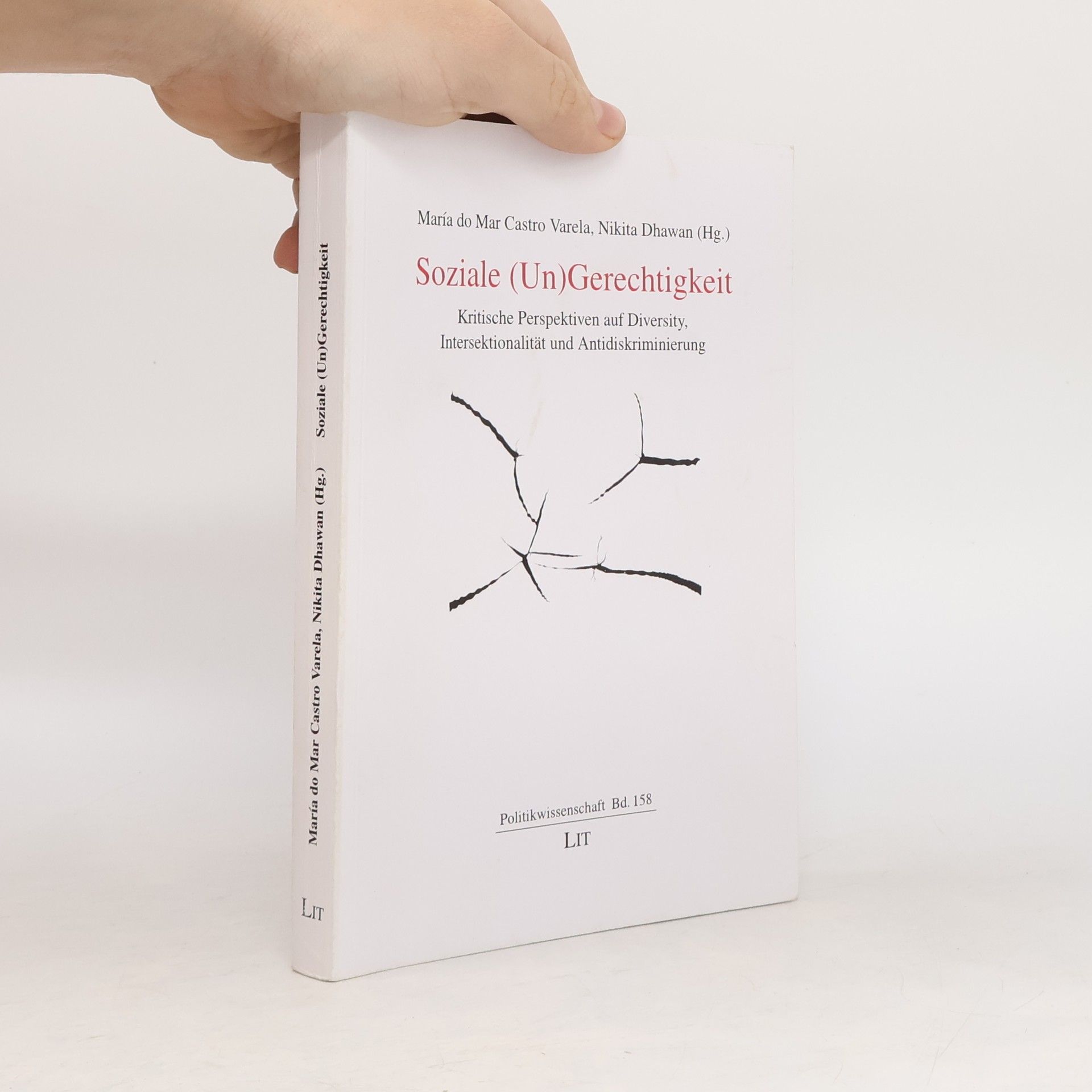Das Buch untersucht die Schnittstellen zwischen Postkolonialismus und Kritischer Theorie, indem es deren Konzepte, Methoden und Ansätze miteinander verknüpft. Es analysiert, wie koloniale Strukturen in modernen Gesellschaften fortwirken und welche Rolle kritische Theorien bei der Dekonstruktion dieser Machtverhältnisse spielen können. Zudem werden zentrale Theoretiker und deren Beiträge beleuchtet, um ein tieferes Verständnis für die Herausforderungen und Möglichkeiten einer postkolonialen Kritik zu entwickeln. Die Verbindung von Theorie und Praxis wird dabei besonders hervorgehoben.
Nikita Dhawan Livres


Soziale (Un)Gerechtigkeit
kritische Perspektiven auf Diversity, Intersektionalität und Antidiskriminierung
- 256pages
- 9 heures de lecture